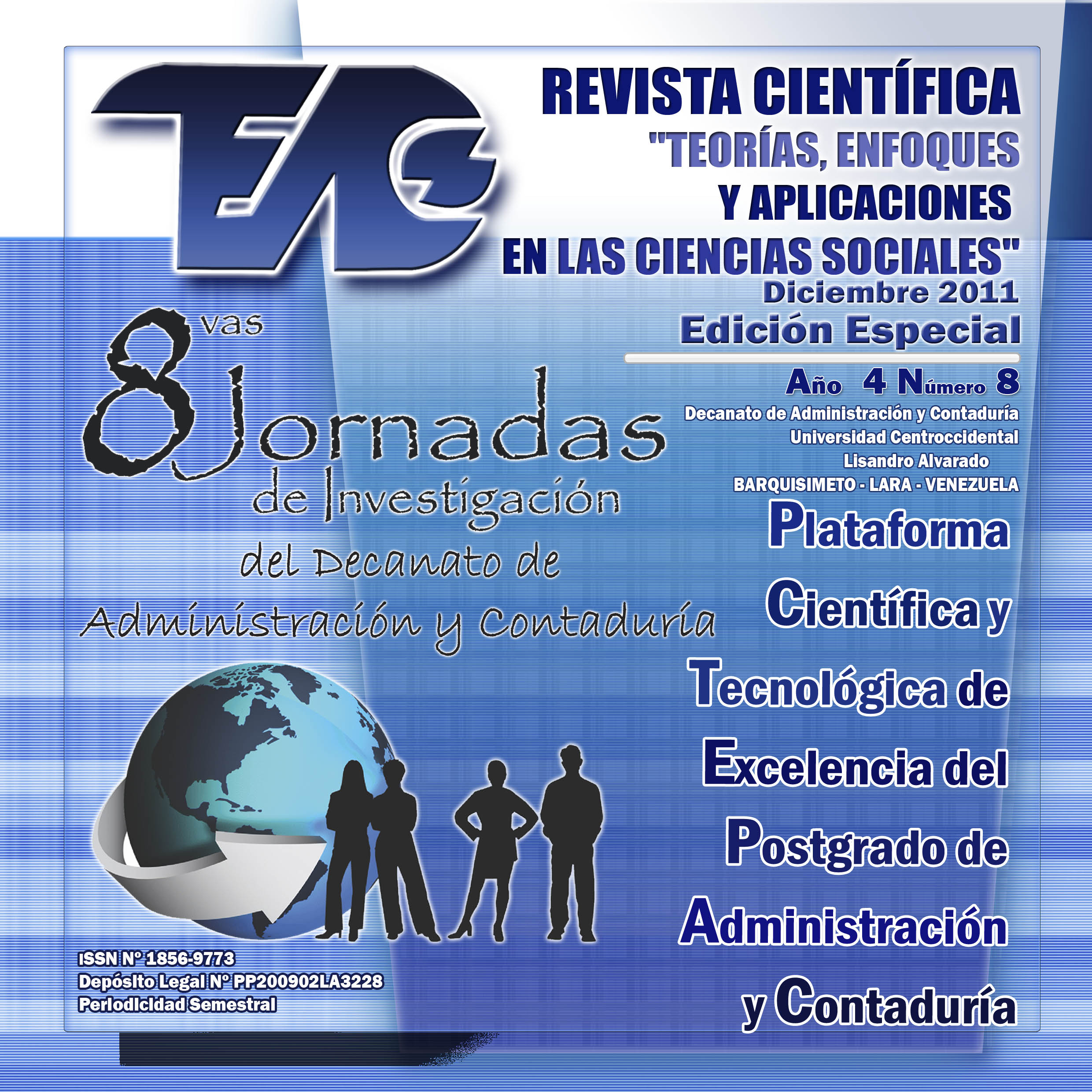The Biographical method and experimental science learning. A theoretical perspective viable in the social sciences
Keywords:
education, learning, biographical method, life storiesAbstract
In education there is a particular interest in learning because it is part of education and is directly linked to the work of teachers. The objective of this research was to study the use of biographical method as a way to approach the learning of experimental sciences at university level. Qualitative methodology was adapted to the reality that is studied and how to approach it is with the biographical method. We used life stories, in-depth interviews and content analysis to discover the context surrounding the students. This is a unique case study, in a predominantly descriptive to build an interpretation of the actions of the protagonist. The results indicate that learning involves the conscious construction of the individual, which the informant indicated as fundamental the need for synthesis through summary writing, to strengthen and to understand what is learned through a search comprehensive aspects of learning. The results show that the biographical method is a theoretical option recommended approach to learning.
Downloads
References
De la Torre Saturino (2000). “Tres ideas en acción. Innovación-Formación-Investigación”, en De la Torre, S y Barrios, O, (Coords.). Estrategias didácticas Innovadoras. Recursos para la formación y el cambio. Madrid, España: Octaedro.
Díaz, Nancy (1999). “El relato de una vida: apuntes teóricos-metodológicos en comunicación”. Revista Latina en Comunicación Social, Nº 22 de octubre de 1999, La Laguna (Tenerife), en Flórez Ochoa, Rafael (1998). Hacia una pedagogía del conocimiento. Bogota, Colombia: Mc. Graw Hill.
Garza Rosa y Leventhal Susana (1998). Aprender cómo Aprender. D.F, México: Trillas.
Kornblit, Ana (2004). “Historias y relatos de vida: una herramienta clave en metodologías cualitativas”, en Kornblit, A (Coord.) Metodologías cualitativas en ciencias sociales. Modelos y procedimientos de análisis. Buenos Aires, Argentina: Biblios.
Morin, Edgar (2003). El Método. La Humanidad de la Humanidad. La identidad humana. Madrid, España: Cátedra.
Pérez Serrano, Gloria (1998). Investigación Cualitativa. Retos e interrogantes. II. Técnicas y Análisis de datos. Madrid. España: La Muralla.
Pujadas, Juan (1992). El método biográfico: El uso de las historias de vida en ciencias sociales. Madrid, España: Centro de Investigaciones Sociológicas.
Rodríguez, Gregorio, Gil, Javier y García, Eduardo (1996). Metodología de la investigación cualitativa. Málaga, España: Aljibe.
Rué, Joan (2009). El aprendizaje autónomo en Educación Superior. España: Narcea
Published
How to Cite
Issue
Section
Derechos del/de autor/es a partir del año de publicación
Esta obra está bajo la licencia:
Creative Commons Reconocimiento-NoComercial-CompartirIgual 4.0 Internacional (CC BY-NC-SA 4.0)
Las opiniones expresadas por los autores no necesariamente reflejan la postura del editor de la publicación ni de la UCLA. Se autoriza la reproducción total o parcial de los textos aquí publicados, siempre y cuando se cite la fuente completa y la dirección electrónica de esta revista. Los autores(as) tienen el derecho de utilizar sus artículos para cualquier propósito siempre y cuando se realice sin fines de lucro. Los autores(as) pueden publicar en internet o cualquier otro medio la versión final aprobada de su trabajo, luego que esta ha sido publicada en esta revista.



